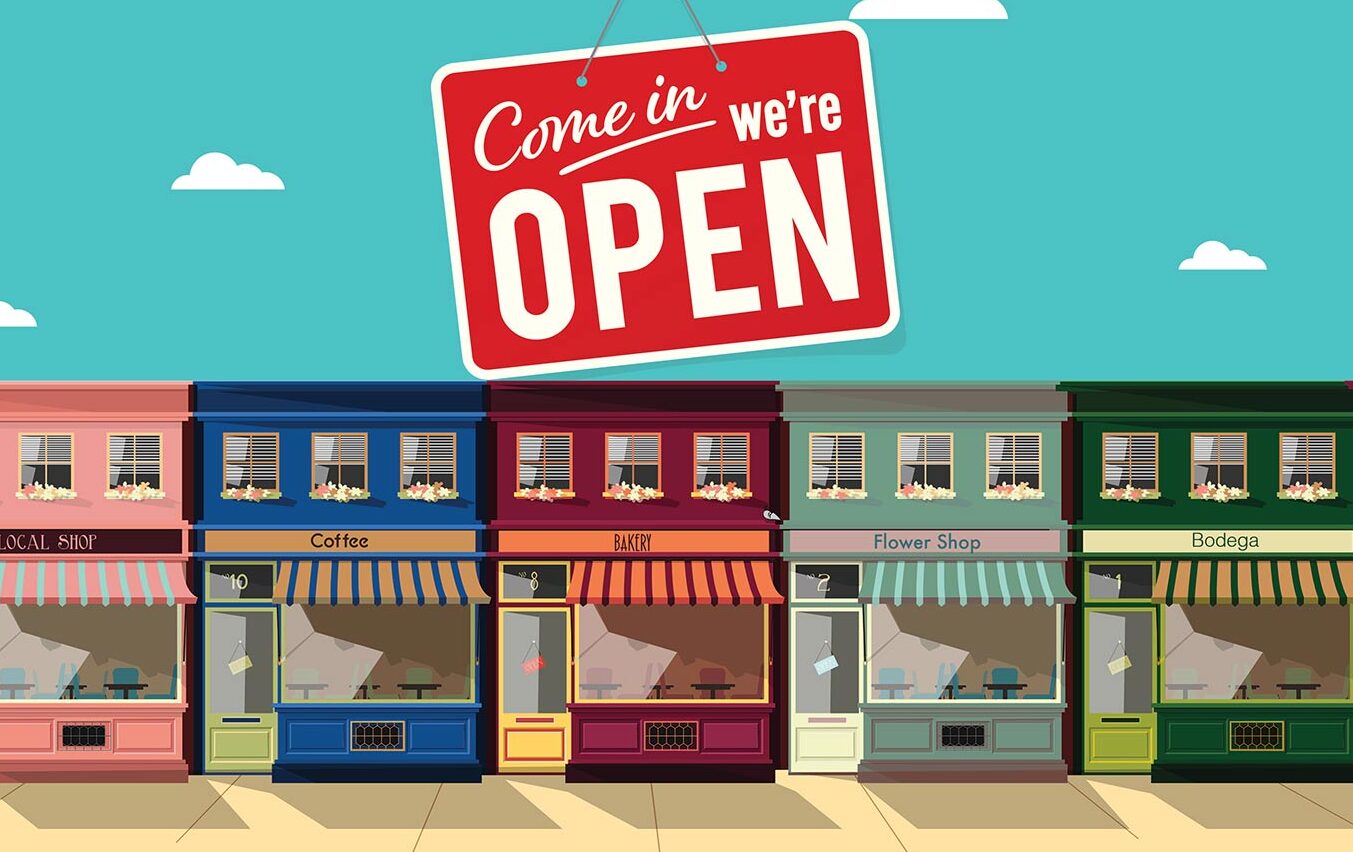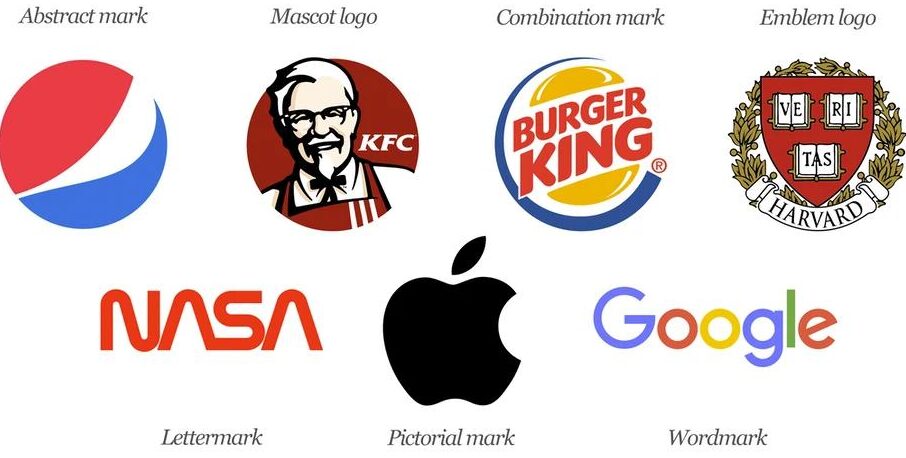Both play pivotal roles in how businesses, brands, and individuals communicate with their audiences. Here’s why social media and PR are a perfect match:
1. Wider Reach
Social media platforms like Facebook, Twitter, Instagram, and LinkedIn have billions of active users. PR professionals can use these platforms to reach a larger and more diverse audience than traditional media channels. Whether it’s announcing a new product, sharing company news, or addressing a crisis, social media amplifies the message quickly and effectively.
2. Real-Time Communication
One of the key advantages of social media is the ability to communicate in real time. This is especially important for PR during a crisis. Brands can respond instantly to any negative publicity, correct misinformation, and keep their audience informed. Real-time updates help maintain transparency and build trust with the audience.
3. Direct Engagement
Social media allows for direct interaction with the audience. PR efforts benefit from this as it enables companies to engage with their customers, listen to their feedback, and address their concerns directly. This two-way communication fosters a sense of community and loyalty among the audience.
4. Cost-Effective
Traditional PR campaigns can be expensive, involving costs for media placements, press releases, and events. Social media, on the other hand, offers a cost-effective alternative. Creating and sharing content on social media platforms is relatively inexpensive and can yield significant returns in terms of engagement and reach.
5. Enhanced Analytics
Social media platforms provide detailed analytics and insights into how content is performing. PR professionals can track metrics such as engagement rates, shares, comments, and more. These insights help in understanding what resonates with the audience and in refining PR strategies for better results.
6. Humanizing the Brand
Social media provides an opportunity for brands to show their human side. Through storytelling, behind-the-scenes content, and personal interactions, brands can create a more relatable and authentic image. This human touch is crucial in building strong, emotional connections with the audience.
7. Influencer Collaboration
Influencers on social media have the power to sway public opinion and reach niche audiences. Collaborating with influencers as part of a PR strategy can enhance credibility and expand reach. Influencers act as trusted voices, and their endorsement can significantly boost a brand’s reputation.
8. Crisis Management
In times of crisis, social media is an essential tool for PR. It allows for swift communication, helping to manage the narrative and mitigate damage. PR teams can monitor social media conversations to gauge public sentiment and respond appropriately.
The integration of social media and PR is essential for modern communication strategies. Together, they provide a comprehensive approach to reaching and engaging audiences, building relationships, and managing brand reputation. In an increasingly digital world, the synergy between social media and PR is not just beneficial but necessary for success.




